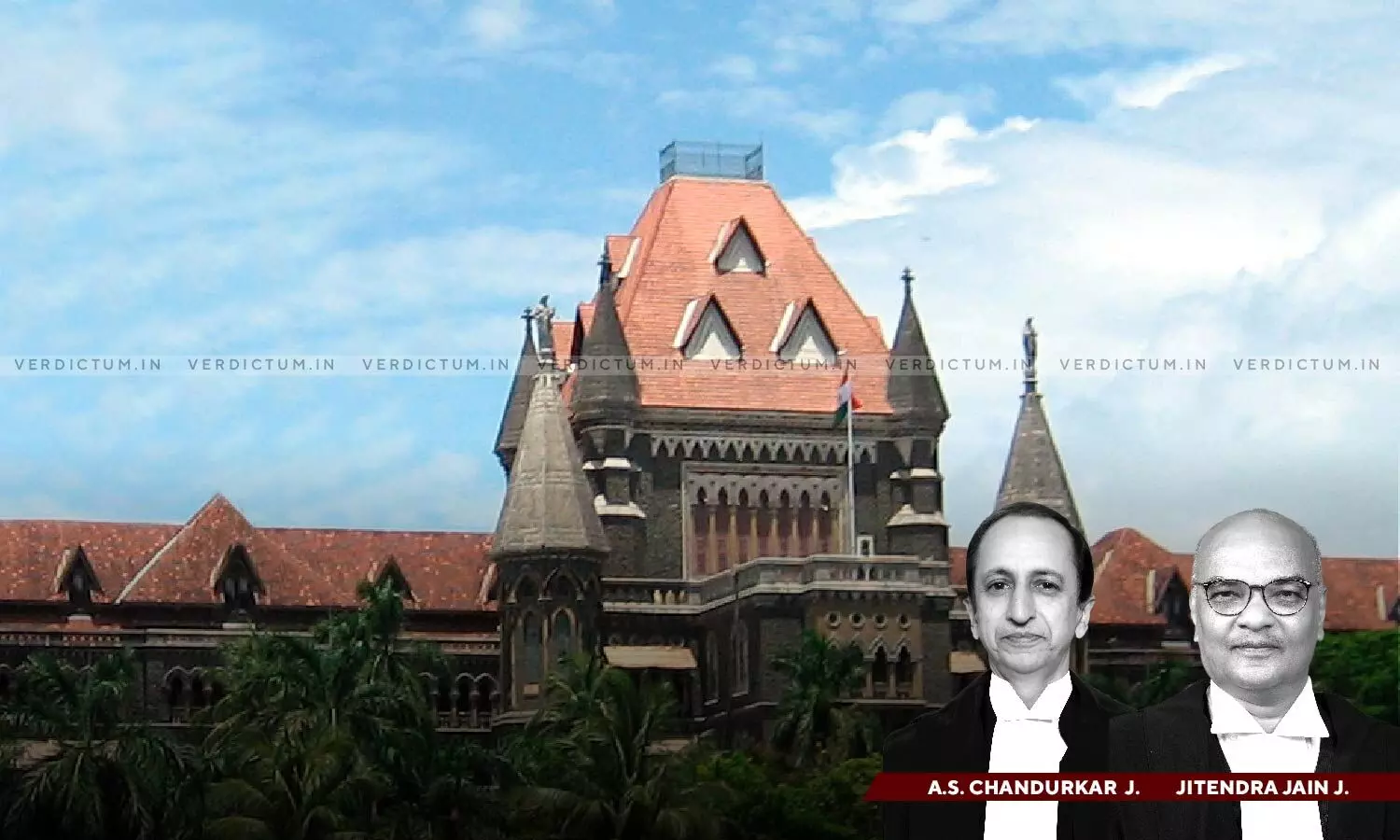
Disqualification Of Candidates For False Information, Concealment, Multiple Applications By Different Phone Numbers, Profile Names Etc. Is Correct: Bombay HC Upholds MAT Order
 |
|The Bombay High Court, while upholding the Maharashtra Administrative Tribunal’s order, observed that any disqualification of candidates on the grounds of submission of false information, concealment, adopting improper course, multiple applications by giving different Email, different cell numbers, changing the profile names of the father etc. is correct and will certainly fall within the phrase “improper course”.
A group of writ petitions were filed challenging the order passed by the Maharashtra Administrative Tribunal in which the full bench of the Tribunal concluded that the Petitioners-candidates were rightly disqualified as per Clause 11 of the advertisement issued by Respondent-State for recruitment of Police Constable Drivers.
The Division Bench of Justice A.S. Chandurkar and Justice Jitendra Jain observed, “Clause 14.4 of the advertisement provides that if at any stage of selection or after the appointment it is found that a candidate has submitted false information or has concealed the true information or has adopted improper course, then his name shall be removed from the selection process and then his appointment shall be terminated if he has been appointed, without even giving any prior notice. In the instant case before us, the conduct of the Petitioners of giving different email ids, different cell numbers, changing the profile names of the father etc. would certainly fall within the phrase “improper course as specified in clause 14.4” and it would entitle the Respondent-State to reject a candidate from the selection process or to terminate his appointment. Therefore, in our view, no fault can be found in the Tribunal’s order and the acts of the Respondent-State in disqualifying the Petitioners from the selection process or from termination of employment.”
Senior Advocate Gayatri Singh and Advocate S. S. Thombare appeared for the Petitioners whereas Addl. GP B. V. Samant and AGP T. N. Bhatia appeared for the Respondents.
The State issued an advertisement for the recruitment for the three posts i.e. (i) District Police Constable Driver, (ii) Railway Police Constable Driver and (iii) SRPF Armed Police Constable. However, the dispute which is the subject matter of the present petition pertains only to the post of District Police Constable Driver. The state submitted that around 2897 candidates have filled in more than one application for the post.
Thereafter, the State disqualified these applications on the ground that the advertisement specifically provided that one candidate cannot make more than one application for the same post in various districts.
The Court said, “It is important to note that around 1,17,000 candidates applied for the post out of which 2897 candidates were found to have adopted the course of making multiple applications. It means that only 2.47% of the total candidates adopted such course while 97.5% of the candidates correctly made one application for one post on a proper understanding of clause 11.10. If the Petitioners’ contention on a reading of clause 11.10 is to be accepted then we fail to understand why miniscule percentage of the candidates understood so and why almost 97.5% candidates understood the clause correctly. In our view, accepting the submission of the Petitioners would amount to giving premium to such conduct and punishing the prudent candidates which course of action cannot be approved by this Court, irrespective of the post for which the vacancy has been advertised and although moreso in the present case where vacancy is in the Police Force.”
The Court placed its reliance on a leading decision of the Supreme Court in the case of Chairman and Managing Director, Food Corporation of India & Ors. vs. Jagdish Balram Bahira & Ors. (2017), where it was observed that the responsibility of Courts to guard against fraudulent employment, especially when such appointment is obtained by perpetuating fraud upon the authorities and the Court cannot permit such practice to gain public employment.
The Court also held, “If the Petitioners had any doubt on the interpretation of clause 11.10 (although according to us it is very clear), the Petitioners could have approached the help-line provided in clause 24 for necessary clarification. It is not the case of the Petitioners that on approaching the help-line the mode adopted by them was confirmed by the office of the help-line or the office of the help-line has approved the mode adopted by the Petitioners. Therefore even on this count, the submission of the Petitioners cannot be accepted.”
Accordingly, the Court confirmed the Tribunal’s decision and disposed of all the writ petitions.
Cause Title: Ashok Mallinath Halsangi and Ors. v. State of Maharashtra (Neutral Citation: 2024:BHC-AS:20225-DB)
Appearances:
Petitioners: Senior Advocate Gayatri Singh, Advocates S. S. Thombare, Sandeep Dere Arati Patil Dere Sonali Pawar, Kartikeya Bahadhur, Sangram Chinnappa, Sakshi Thombare and Kaustubh Gidh.
Respondents: Addl. GP B. V. Samant, AGP T. N. Bhatia, Advocates Dinesh B. Khaire, Purva Pradhan, S. B. Talekar, Madhavi Ayyappan, Shubham Gurav, Pranav Avhad, Darshna Naval, Yashasvi Pandey, Abhijeet Desai, Karan Gajara, Sanchita Sontakke, Vijay Singh, Daksha Punghera and Digvijay Kachare.